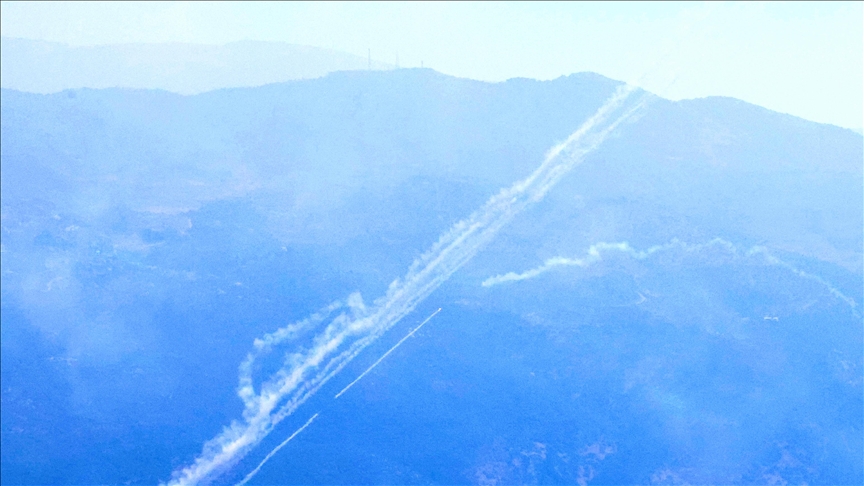Al Qaeda trial suspended
Prosecutor Mustafa Erol had asked the court to wait until the relevant laws for courts that would replace the DGMs were passed. He noted that the recent constitutional amendment package had abolished the courts, but the laws for the specialized courts that would replace them, were not passed yet.
He also said that the charges and interviews of the defendants should not be made yet, and the incarceration of the 64 of the 69 defendants to continue.
The first five days of the trial were expected to be spent with the taking of testimonies of the defendants and the reading of the indictment.
Earlier a lawyer for one of the defendants Osman Karahan noted that Article 143 of the Constitution was annulled, and opposed the authority of the court to undertake the case.
In an indictment made public Monday, Turkish prosecutors allege that Osama bin Laden suggested targets for an attack in Turkey and his al-Qaeda network later provided $150,000 to the Turkish Islamic militants who carried out the November suicide bombings in Istanbul.
The truck bombings targeted two synagogues, the British Consulate and the local headquarters of the London-based HSBC bank. Prosecutors say 61 people, including British Consul-General Roger Short, were killed and more than 600 others injured in the attacks.
In their 128-page indictment, prosecutors requested life sentences for five suspects who they said played direct roles in the bombings. The other 64 could face prison sentences ranging from 4.5-22.5 years. Several alleged top ringleaders, however, remain at large.
The case is the first in which alleged members of al-Qaeda are being tried by a court in this predominantly Muslim but staunchly secular country.
According to the indictment, Habib Akdas, the suspected leader of the cell, and two alleged cell members, Baki Yigit and Adnan Ersoz, met on several occasions with Abu Hafs al-Masri, a former top lieutenant of bin Laden. Al-Masri is believed to have arranged for Akdas and Yigit to meet with bin Laden in 2001 in Afghanistan. Al-Masri, alias Mohammed Atef, was killed by a U.S. airstrike in Afghanistan in November 2001.
Yigit, who is in custody, said the Turkish cell initially proposed kidnapping members of a pro-Western Turkish business group, but the idea was rejected by bin Laden and al-Masri, the indictment said. Instead, al-Masri and bin Laden suggested attacks against Incirlik Air Base, a southern Turkish air base used by the U.S. military, as well as against Israeli ships in the southern port of Mersin, the indictment said.
Intelligence officials have said the militants ended up changing their targets because of high security at the sites.
The suspected militants asked for $150,000 for the attacks from al-Masri and the money was paid to the cell last year by affiliates in Europe and Iran, prosecutors said.
Prosecutors are demanding life sentences for suspected militants Fevzi Yitiz and Osman Eken, who allegedly helped make the bombs; Harun Ilhan, who allegedly helped recruit members of the cell; Ersoz, who allegedly helped arrange financing for the attacks; and Yusuf Polat, who allegedly kept watch at one of the synagogues bombed and gave the final go-ahead for the attack. The five men are charged with a crime similar to treason.
The other 64 are charged with crimes such as membership in an illegal group or aiding terrorists.
Alleged ringleaders Akdas, Gurcan Bac and Azad Ekinci are at large and are believed to be hiding abroad.
The suspects in custody are expected to testify at the opening sessions, which are expected to last throughout the week. The full trial could last months.



